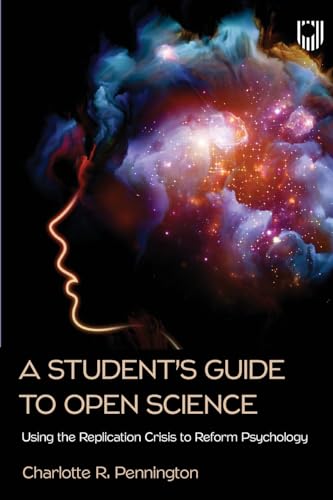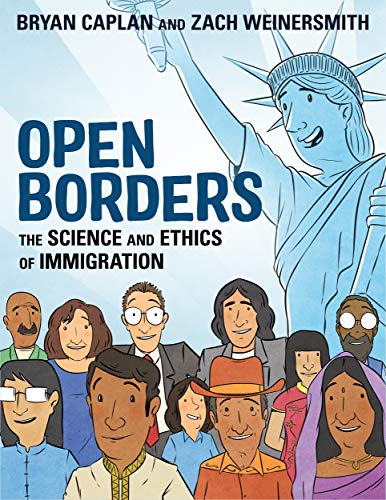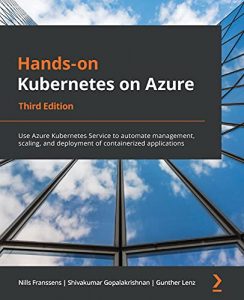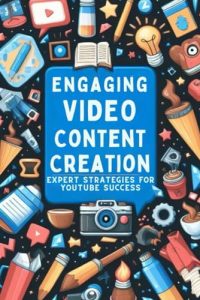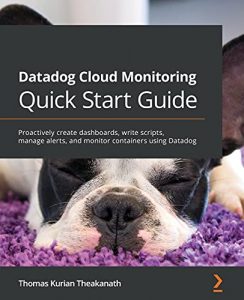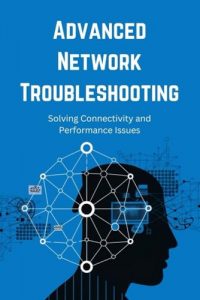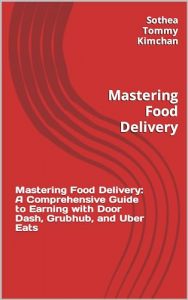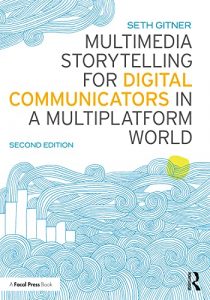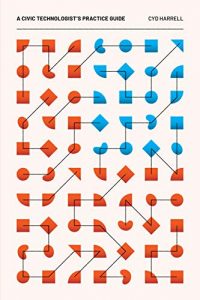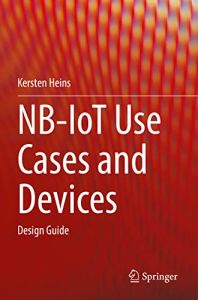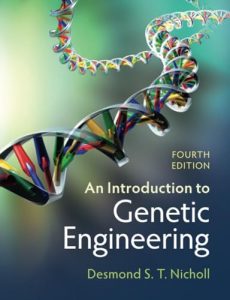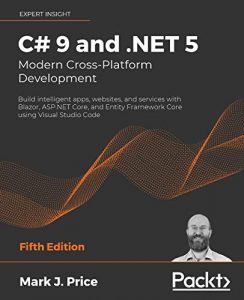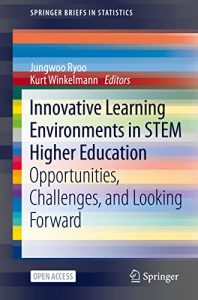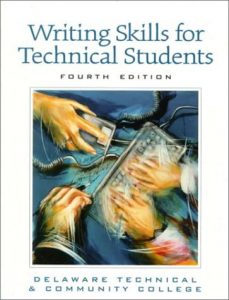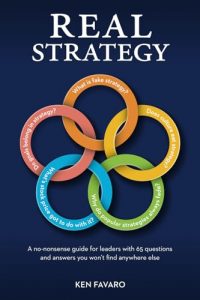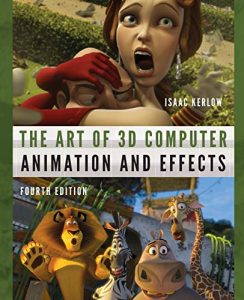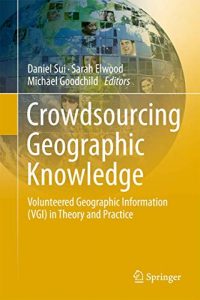Introduction to Open Science
In the rapidly evolving landscape of research and knowledge dissemination, the principles of open science are revolutionizing how we share information and collaborate across disciplines. This movement champions transparency, reproducibility, and accessibility, ensuring that scientific findings are not just confined to academia but are available to everyone. Open science is about breaking down barriers, fostering innovation, and most importantly, democratizing knowledge.
As we delve into the world of open science literature, we encounter an array of insightful books that not only elaborate on its principles but also equip researchers, educators, and enthusiasts with the tools to embrace this paradigm shift. From guides tailored for students to philosophical examinations, each book offers a unique perspective on open science that is essential for anyone interested in the future of research.
A Student’s Guide to Open Science
“A Student’s Guide to Open Science” is an essential resource for budding researchers who wish to navigate the complex world of academia with clarity and confidence. Authored by experts from the Open University Press, this guide provides a comprehensive introduction to the principles, practices, and benefits of open science. It brilliantly demystifies concepts such as data sharing, open access publications, and collaborative research, making them accessible to students at every level. The inclusion of practical examples and interactive resources helps students understand how to implement open science practices in their work. This book is a must-have for anyone aiming to contribute meaningfully to the scientific community without the traditional constraints of academia.
Open Science: Knowledge for Everyone (Orca Think, 11)
This enlightening book breaks down the barriers of scientific knowledge to make research accessible to a broader audience, appealing to educators, students, and the general public alike. It highlights the fundamental role open science plays in modern research, promoting ideas of inclusivity and collaboration that are essential for scientific advancement. Each chapter is crafted to engage readers with thought-provoking discussions and relatable examples, making science approachable for all. It’s an excellent addition to any library, particularly for those interested in the intersection of education and research.
Open Science: the Very Idea
Offering a philosophical exploration of open science, “Open Science: the Very Idea” delves into the theoretical underpinnings of the movement. It invites readers to consider why openness in research matters and how it reshapes our understanding of knowledge. This book is essential for those contemplating the implications of open science on ethics, equity, and the future trajectories of scientific inquiry. A remarkable read for academics and interested laypersons who wish to engage with the foundational thoughts surrounding open science.
Philosophy of Open Science
“Philosophy of Open Science” presents an in-depth exploration of the conceptual foundation of the open science movement. This book critically examines the implications of an open science approach on scientific integrity and public trust. It challenges readers to question conventional research norms and consider the ethical dimensions of knowledge sharing. Essential for philosophy enthusiasts and anyone interested in the moral aspects of scientific practice, it serves as a pivotal text in understanding the broader context of openness in science.
Survey of Research-Oriented Faculty, Experience of Open Access & Open Science
This comprehensive survey provides valuable insights into the experiences of academic faculty concerning open access and open science. Its rigorous analysis reveals the varying attitudes toward open science practices across disciplines, presenting real-world implications for policy-makers and educational institutions. This book is perfect for researchers looking to understand the current landscape of open access and its potential trajectory in higher education.
Transparent and Reproducible Social Science Research: How to Do Open Science
This guide offers practical steps for social scientists wishing to adopt open science practices. Addressing issues such as reproducibility and transparency, it equips researchers with the tools necessary to enhance their research output and contribute to a more robust body of social science literature. This book is indispensable for social scientists eager to advance their methodologies and engage with their fields responsibly.
Women in Engineering (Science Wide Open)
This inspiring title highlights the contributions of women in the engineering fields, championing the importance of diversity in science. Through personal anecdotes and scientific exploration, it draws attention to the critical role women play in shaping future innovations. This book fosters a sense of belonging and mentorship among young female engineers and is essential for promoting equity in STEM subjects.
THE BRAIN: Exploring the Latest Research and Neurotechnological Innovations in Cognition and Consciousness
Dive into the latest breakthroughs in neuroscience with “THE BRAIN.” This book presents cutting-edge research on cognition and consciousness in an accessible format, ideal for anyone with an interest in the workings of the mind. It incorporates recent neurotechnological innovations, elucidating their potential to revolutionize our understanding of human thought and behavior. A compelling read for enthusiasts and professionals alike!
The Craft of Science Writing: Selections from The Open Notebook
This collection of essays explores the art and craft of science writing, drawn from The Open Notebook, a leading resource for science journalists. Each piece offers valuable insights into effective storytelling, making scientific topics engaging and accessible to wider audiences. Perfect for budding science writers and communicators, this book inspires readers to bridge the gap between complex science and public understanding.
Open Borders: The Science and Ethics of Immigration
This thought-provoking book explores the intersection between science and immigration ethics. It presents empirical data alongside a compassionate discussion on the implications of policy decisions. Necessary for policymakers, researchers, and anyone interested in understanding the nuanced relationship between immigration and scientific progress, it engages readers on a pivotal issue of our time.

